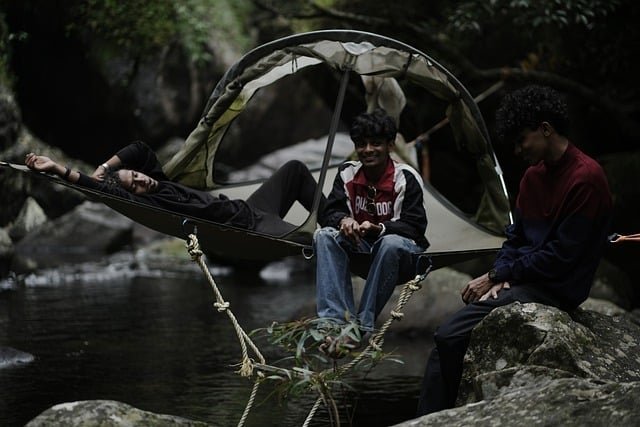
When people think of traveling, they often imagine staying in luxurious hotels, trying new foods, and visiting famous tourist spots. However, there is another type of traveling known as work camping that offers a different, more unique experience.
Work camping, also known as workamping, is a form of RV camping in which individuals or couples trade their time and skills for free or discounted campsite fees, food, and other amenities. It combines work and leisure, allowing travelers to experience new places while also earning an income.
Work camping as a concept has been around for quite some time. In the early 1900s, travelers often took on odd jobs at farms, ranches, and businesses in exchange for a place to camp and a meal. However, it wasn`t until the 1940s that the term "work camping" was first used by a camping club called the "Town and Country Pioneers."
The popularity of work camping didn`t start to grow until the 1980s when retirees started to hit the road in their RVs. With limited retirement income, work camping provided an opportunity for them to stretch their budget further and continue their love for traveling. Since then, work camping has become an enjoyable and affordable way for people of all ages to travel.
Work camping offers a variety of job opportunities, such as working at campgrounds, national parks, festivals, amusement parks, farms, and ranches. Here are a few of the most common types of work camping:
Camp Hosts/Managers: Camp hosts are responsible for managing and organizing daily activities at the campground, such as checking in guests, maintaining camp facilities, and enforcing campground rules. In exchange for their work, they receive a campsite for free or at a discounted rate. On-Site Maintenance Crew: These positions involve maintaining and repairing campgrounds, facilities, and equipment. Some of the tasks may include mowing, landscaping, cleaning restrooms, and fixing water lines. Workampers in these positions typically receive an hourly wage in addition to a full-hookup campsite. Retail Workers: Workampers often find employment at camp stores, gift shops, or marinas within the campground. They assist with customer service, managing inventory, and sales. In addition to hourly wages, they may receive commissions on sales and a discount on camping fees. Theme Park Attendants: Campgrounds located near theme parks often have work camping positions available, such as ride operators, ticketing agents, and food service workers. In addition to hourly wages, these positions may come with other perks, such as free park admission and employee discounts on merchandise and food.Like any other lifestyle, work camping has its pros and cons. Here are a few to consider before embarking on a work camping journey:
Pros:Work camping offers an alternative way of traveling that allows individuals to explore new places, connect with the local community, and gain new skills. It provides a unique balance between work and leisure and can be an affordable way to travel. Before embarking on a work camping adventure, make sure to do thorough research and consider the pros and cons to see if it is the right fit for you!







Join our newsletter community for exclusive updates, offers, and more. Sign up now to stay in the loop!
© Outdoor-Expedition. All Rights Reserved. Design by HTML Codex